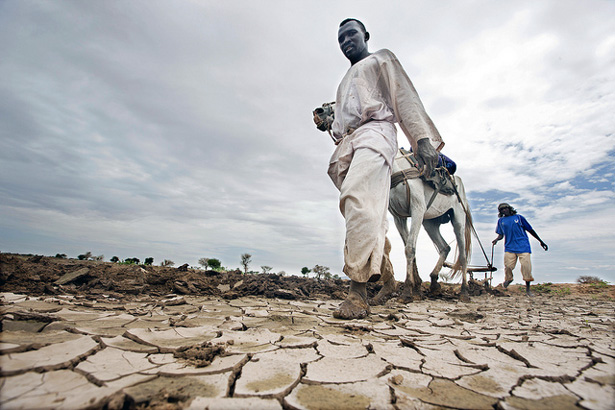Prof. Joshua Abor advocates for climate finance in boosting inclusive growth via intra-African trade
The report emphasized the need to fulfill climate finance commitments and increase funding to meet the goals set in the United Nations Framework Convention on Climate Change. The commitment to mobilize US$100 billion per year for developing countries by 2020, although unmet, remains a critical target as it approaches its 2025 deadline.
Professor Joshua Yindenaba Abor, the former Dean of the University of Ghana Business School (UGBS), has emphasized the importance of directing international climate finance into developing countries to enhance the positive impact of intra-African trade on inclusive growth. He presented his insights during a discussion on ‘Climate Finance, International Trade, and Inclusive Growth in Africa’ held in Accra.
Professor Abor noted that the influence of international trade on economic growth can vary, contingent on an economy’s trade environment and resource levels. He highlighted climate finance as a vital avenue for promoting inclusive growth.
The intersection of climate finance and international trade is gaining prominence among policymakers and researchers as they seek sustainable and inclusive growth solutions to expedite economic recovery and bolster financial resilience in Africa. The provision of capital to developing economies for facilitating trade and advancing climate objectives and global Sustainable Development Goals (SDGs) has emerged as a key concern, making the relationship between climate finance and trade a compelling area of research.
Professor Abor, also an Afreximbank Research Fellow, asserted, “Specifically, climate finance can enhance the positive impact of intra-African trade on inclusive growth, and mitigate the negative effects of trade openness as climate finance increases.”
He underscored the significance of formulating policies that maximize available resources by leveraging climate finance to support intra-African trade. He emphasized the need for close collaboration between climate finance support and trade policies to optimize adaptive opportunities for greater inclusive growth.
Furthermore, Professor Abor advocated for increased allocation of funds through climate finance development projects to reinforce inclusive trade policies and encourage investments in the trade ecosystem, ultimately driving inclusive growth.
The professor referenced various studies to support his position, with some endorsing the trade-led growth hypothesis, while others highlight the diverse impacts of trade on growth, contingent on factors such as trade openness and trade debt proxies.
He also pointed out that while some studies explore how climate finance can bridge the finance-growth gap, the potential of international trade as a mechanism in this context remains underexplored, even as African trade systems are increasingly incorporating climate finance to achieve climate objectives and create a conducive environment for inclusive growth.
The report emphasized the need to fulfill climate finance commitments and increase funding to meet the goals set in the United Nations Framework Convention on Climate Change. The commitment to mobilize US$100 billion per year for developing countries by 2020, although unmet, remains a critical target as it approaches its 2025 deadline. Furthermore, developing countries are estimated to require at least US$6 trillion by 2030 to meet a fraction of their existing Nationally Determined Contributions, posing a significant challenge. Estimates from the Organisation for Economic Cooperation and Development and Oxfam indicate a substantial gap in the actual flow of climate finance from developed to developing countries.


